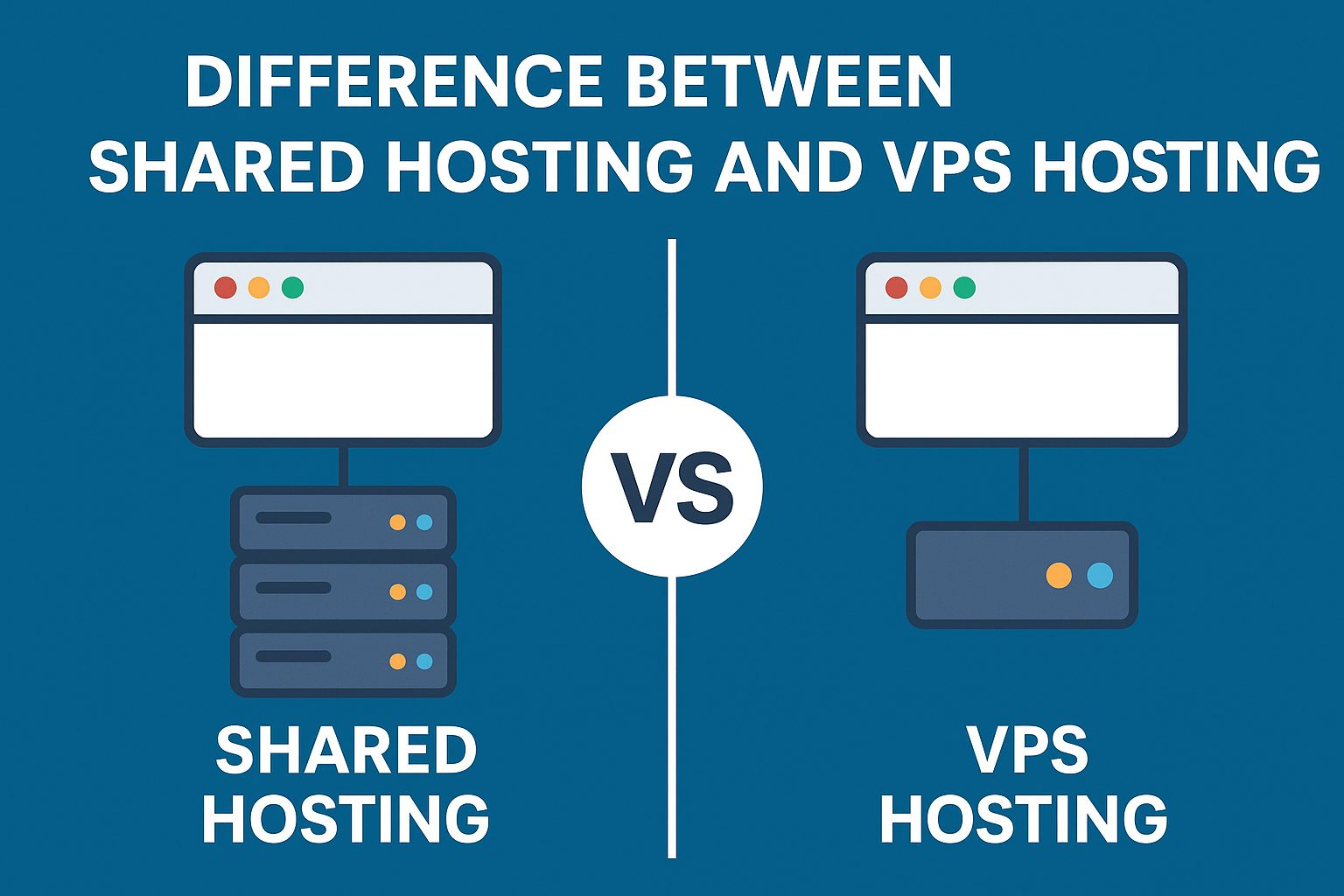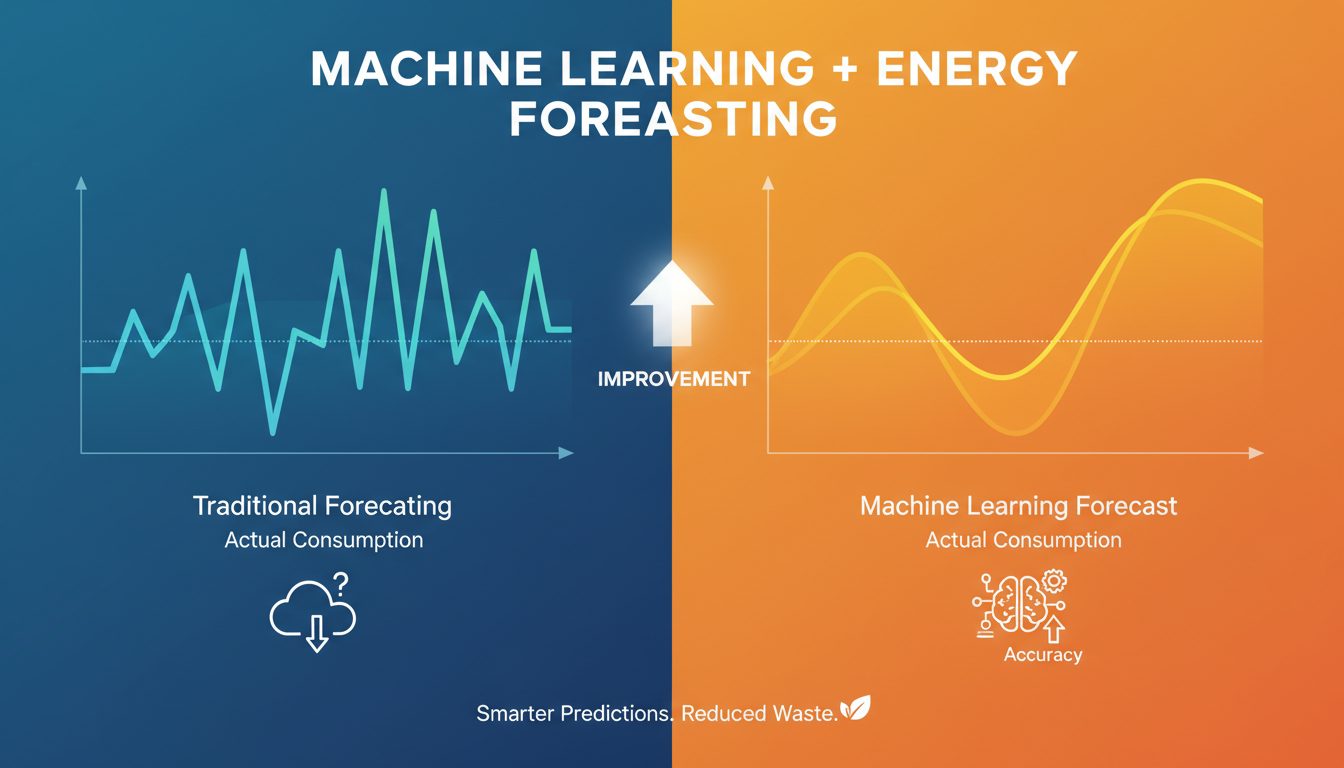Choosing the right hosting is one of the most important decisions when building a website. Your hosting impacts everything—speed, security, uptime, performance, user experience, and even your SEO ranking. Many beginners get confused between shared hosting and VPS hosting, and honestly, it’s normal. Both hosting types sound similar, but they serve very different purposes.
If you want your website to perform smoothly without breaking your budget, understanding these differences is a must.
Let’s break it down in the simplest way possible.
What Is Shared Hosting?
Basic Definition
Shared hosting is like living in an apartment building. Many people live in the same building, share the same resources, and split the cost. It’s affordable and beginner-friendly.
How Shared Hosting Works
In shared hosting:
- You share the same server with hundreds of other websites
- The same RAM and CPU are shared
- If one website gets high traffic, your website may slow down
- Your control is limited because you’re sharing everything
Who Should Use Shared Hosting?
Shared hosting is perfect for:
- Beginners
- Small personal sites
- Simple blogs
- Portfolio websites
- Small businesses with low traffic
If you’re just getting started, shared hosting is often enough.
What Is VPS Hosting?
Basic Definition
VPS (Virtual Private Server) hosting is like living in a townhouse. You still share the building, but you have your own private section with dedicated resources.
How VPS Hosting Works
A physical server is divided into multiple virtual sections, but each section feels like its own private server.
In VPS hosting:
- You get dedicated RAM and CPU
- Your website’s performance doesn’t depend on other sites
- You have more control and customization
- It is much faster and more secure
Who Should Use VPS Hosting?
VPS hosting is ideal for:
- Growing businesses
- E-commerce sites
- Websites with medium to high traffic
- People needing better speed + reliability
- Developers who want custom server configurations
Key Differences Between Shared Hosting and VPS Hosting
Performance
Shared hosting offers basic performance. If another site on the server gets traffic spikes, your site slows down.
VPS hosting provides consistent speed because you get dedicated resources.
Security
Shared hosting has moderate security but is more vulnerable because many sites share a server.
VPS hosting is more secure due to isolated environments.
Server Resources
Shared hosting → Shared resources
VPS hosting → Dedicated resources
More resources = better performance.
Pricing
Shared hosting → Cheap
VPS hosting → More expensive but worth it for growing websites
Technical Skills Required
Shared hosting → Beginner-friendly
VPS hosting → Sometimes requires basic technical knowledge
Customization & Control
Shared hosting → Very limited control
VPS hosting → Advanced control (root access, custom software, configurations)
Scalability
Shared hosting → Not scalable
VPS hosting → Highly scalable
When your site grows, you can easily increase your resources.
Pros and Cons
Shared Hosting
Pros:
- Affordable
- Beginner-friendly
- Easy to manage
- No technical knowledge required
Cons:
- Limited resources
- Low customization
- Can be slow during high traffic
- Less secure compared to VPS
VPS Hosting
Pros:
- Dedicated resources
- High performance
- Secure and reliable
- Scalable
- More control
Cons:
- More expensive
- Requires some technical knowledge
- More responsibility for server management
Which One Should You Choose?
For Small Websites
Shared hosting is more than enough if your traffic is low and your site is simple.
For Growing Businesses
VPS hosting is the better choice because it supports traffic growth and offers excellent performance.
For High-Traffic E-commerce Sites
Always choose VPS hosting.
You need speed, security, and reliability—critical for online stores.
Real-World Examples
When Shared Hosting Works Best
If you’re launching:
- A food blog
- A student portfolio
- A small consultancy website
Shared hosting will handle it easily.
When VPS Hosting Becomes Necessary
You need VPS when:
- Your blog starts getting thousands of visitors
- Your online store grows
- You need faster loading times
- You want custom server settings
Conclusion
Shared hosting and VPS hosting both have their benefits, but the right choice depends on your website’s needs. If you’re just starting out and don’t want to spend much, shared hosting is great. But if you’re serious about performance, speed, and growth, VPS hosting is the smarter long-term investment.
Choosing the right hosting sets the foundation for your website’s success—so make your choice wisely.







